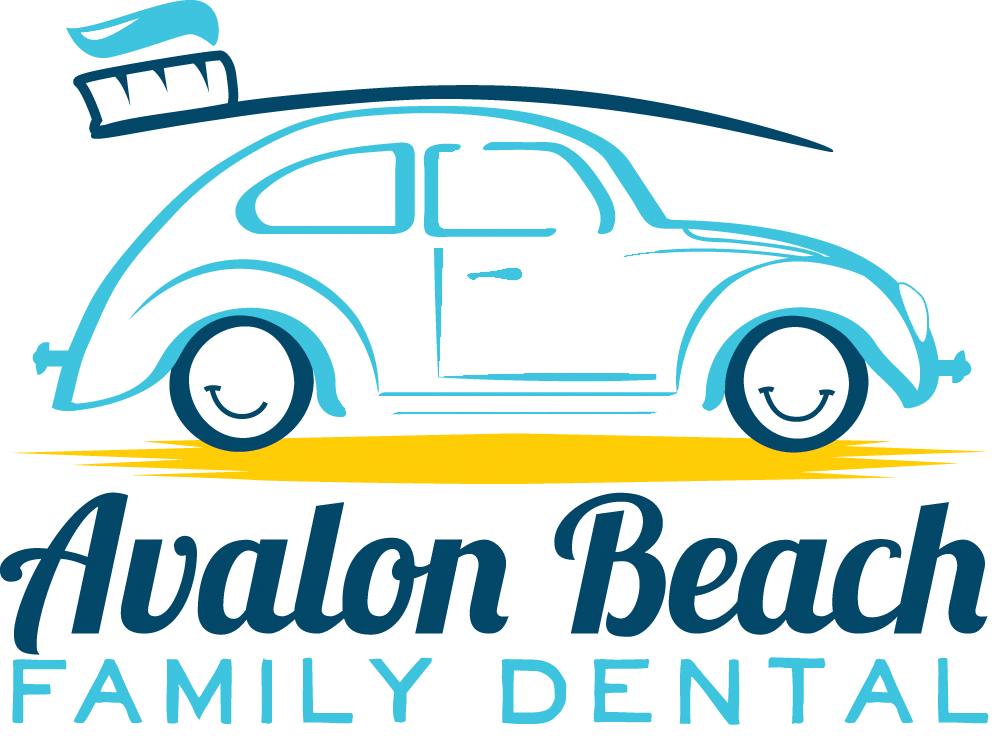Infants oral care exam (1 to 3 years old)
Did you know that it is recommended to bring your child in for their first exam at 12 months?
You may wonder what on earth can be achieved at such a young age? This is just to make sure everything is developing properly and that you are on the right track regarding brushing, and eating and drinking habits, as well as anything you want to ask about teething.
Let me make it clear, though, it is not a lecture designed to make you feel guilty about ANYTHING! I can't stand being told what to do, and I haven't met anyone who does!!
We are just here to give you some tips based on your child's individual personality and habits to improve their dental well-being.
So when you bring your young child into see us, the emphasis for them is FUN! We will show them all the fun things we have to play with. We will take them for a ride in the chair, sitting on your lap, and if this is too intimidating we will use a knee to knee technique with your child on your lap,to quickly check the mouth in a position where you are never out of their sight , or their hands! Even if the first appointment is quite quick, results have shown that your child will be much more comfortable in subsequent appointments as everything is very familiar to them.
Things to consider...
- TEETHING usually starts at 4-7 months. You can use a soft cloth to begin with and provide baby with a teething toothbrush with a swallowing guard and rubber bristles to bite down on. The pressure of biting on something can often feel good to a teething child!
- When there are a few more teeth in the mouth you can progress to a small soft children's toothbrush. There is no need for any toothpaste until 12-18 months unless there is a greater decay risk.
- When toothpaste is introduced it needs to be a low Fluoride formula and only a very thin smear used. Fluoride is important to make the outer enamel layer of your teeth as strong as possible as it is quite porous just after it has erupted, but at a very young age it is impossible to stop your child swallowing toothpaste, so it must be delivered in small amounts.
- The FREQUENCY of eating can have a huge effect on your likelihood of getting decay. I know it can be difficult to avoid this as we are encouraged to give up to two snacks a day between meals for infants, and this habit can be hard to break. Also, many toddlers can be 'Fussy Eaters'. (I know...I've got one!! ). This can mean that you can end up giving in to your child and giving them things to eat that maybe slightly higher in sugar than you would like just to get them to eat SOMETHING!
Even without a fussy child, some foods that are HEALTHY nutritionally can be detrimental to your teeth.
For example, bananas are a great source of energy, and potassium, but are also quite high in simple sugars and are sticky, so will hang around the teeth for an extended period of time. Another example is citrus fruit. Oranges and mandarins have a sugar and acid combination that the bacteria on your teeth LOVE and can thrive on. And I don't need to tell you how long it takes to scrub breakfast cereal out if the grooves in your child's back teeth!! This is reality, and we are not here to stand in judgement. Rather, we are here to provide some tips to minimize the effects of this on the teeth.
Please feel free to book in for your child’s first check up or give us a call if you have any questions or concerns about your little one!

